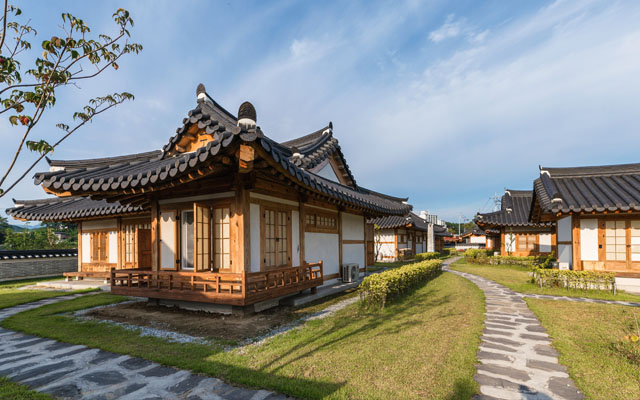Tourism stakeholders in Asia-Pacific are increasingly recognising a growing demand for local cultural experiences among travellers, and say that earnings can help to support local communities and preserve cultures.
Speaking at the recent PATA webinar, Cultural Heritage and Tourism – Best practices from Asia Pacific, jointly co-organised with Airbnb, the latter’s Asia-Pacific director of public policy, Steven Liew, said there is healthy demand for historical homes in Asia-Pacific, a category that was introduced last year.

Due to intensifying demand from travellers, Airbnb is now working closely with NTOs to expand its listings of historical homes within the region. Just last month, the company signed a memorandum of understanding with the Ministry of Tourism, Government of India to showcase India’s heritage stays on its accommodation platform.
Airbnb currently has more than 800 traditional houses (hanoks) across South Korea, over 500 historical homes in Japan, and more than 400 historical homes and 20 castles in India.
There are also plenty of unique experiences with passionate and knowledgeable hosts for guests looking to immersive themselves in the traditions of past and present communities in the places they visit, Liew added.
Governments are also taking cue from the increasing demand for cultural heritage tourism – besides preserving the architectural heritage of a place, they are also supporting local economies in rural areas by creating jobs and offering capacity building opportunities.
Fellow panelist, Sanghoon Lee, executive director, tourism industry division, Seoul Tourism Organization, shared that under the Seoul Metropolitan Government’s new masterplan, Seoul will build 10 new hanok villages within the next decade, thus expanding the country’s heritage architecture collection for the pleasure of its residents and visitors to the city.
The city also has a support programme that improves residential conditions of hanoks, with subsidies for renovation costs, he said.
Montakarn Suvanatap Kittipaisalsilp, programme officer for culture, UNESCO Bangkok, Thailand, shared that UNESCO and the Designated Areas for Sustainable Tourism Administration of Thailand are going to launch a new project to build a network of tourism professionals that know how to maximise the use of intangible cultural heritage and creative industries in the local areas.
Meanwhile, Laura Jones, stakeholder & industry engagement director, Tourism & Events Queensland, said her organisation is guided by the vision of the Aboriginal Torres Strait Islander subcommittee on the board to see Aboriginal and Torres Strait Islander peoples cultures and history celebrated, and truth-telling valued.
“The way to do that really is through tourism. So, that is the way to preserve and promote and protect, and we want to see equal opportunity and self-determination,” said Jones.
She also stressed on the importance of ensuring that the Aboriginal and the Torres Strait Islander peoples histories, stories and cultures are shared authentically and with their permission.




















